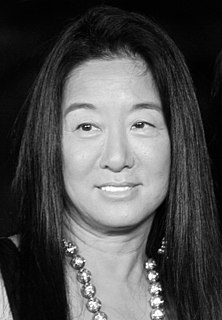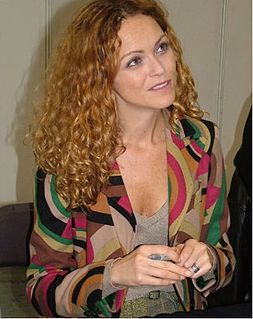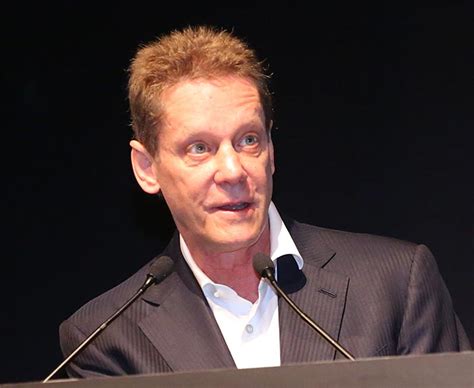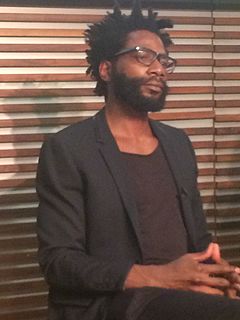A Quote by Jenna Wortham
The American understanding of China is filtered through years of politics; we rarely see the culture on its own terms.
Related Quotes
I think there's going to be a real push in the next two years in Asia - China and Korea specifically. And that's a huge undertaking. Ten years ago it was impossible to break into that part of the world. Some of the biggest companies in the world found it challenging. But I am Chinese-American and I think what we do will resonate in China. So that's where we see our biggest opportunities going forward. I do speak Mandarin and I also relate to the hunger that China has for culture and architecture and style.
One culture I find fascinating to juxtapose against American culture is the culture of Germany. They've gone through a long process through their art, poetry, public discourse, their politics, of owning the fact of their complicity in what happened in World War II. It's still a topic of everyday conversation in Germany.
You are playing a character obviously, and everything you are saying is filtered through that person. It is not you that is saying it. It is filtered through a character that doesn’t have your own set of values - so it is not really odd. Inevitably we help each other with a lot of line-learning. Plus there is a familiarity which is quite nice. We have done TV together before.
There is the specter of "realism" that is still haunting Chinese contemporary art - that art is only an instrument, an instrument to reflect society, that it must be useful for society. Also, I have noticed many Western media outlets are very insistent on understanding contemporary art in China through this kind of realist approach. Sometimes I even sense that they are intent on, as we say in China, "picking bones of politics out of an egg of art." Or perhaps they see art as merely an instrument to reflect society.
...we see God working in terms of Jewish culture to reach Jews, yet, refusing to impose Jewish customs on Gentiles. Instead non-Jews are to come to God and relate to Him in terms of their own cultural vehicles. We see the Bible endorsing, then, a doctrine we call biblical sociocultural adequacy in which each culture is taken seriously but none advocated exclusively as the only one acceptable to God.
Institutional Christianity has had clear secular benefits to American life for hundreds of years. It's played both a prophetic role in terms of generating moral critiques of American excesses, and so on, and also a communal role, in terms of building community as the country moved westward to the role my own Catholic Church played in assimilating generations of immigrants.
Through the years, through my own conversations, through my own weird obsessions, I think I have developed some very deep politics of political knowledge - and I think I have huge blind spots, too - which I have tried to build not necessarily through traditional interviews so much as it is conversations and a lot of research and reading.
Through panel moderations and talks around culture, politics and identity I gradually gained opportunities to write in my own voice and not that of the brand. I'm interested in a lot of the languages that drive our culture. I'm interested in user experience as language or how societal malaise takes root. So through essays and short stories I began exploring some of these things.
The foreign audiences are somewhat surprised and happy to find an American film that asks questions about American culture. There's a certain kind of cultural imperialism that we practice. Our films penetrate every market in the world. I have seen and have had people reflect to me, maybe not in so many words or specifically, but I get the subtext of it - they're somewhat charmed and surprised and happy to see an American film reflect on our culture. Because they see other cultures reflect on our culture but they don't see US culture reflecting on itself in quite the same way.

































